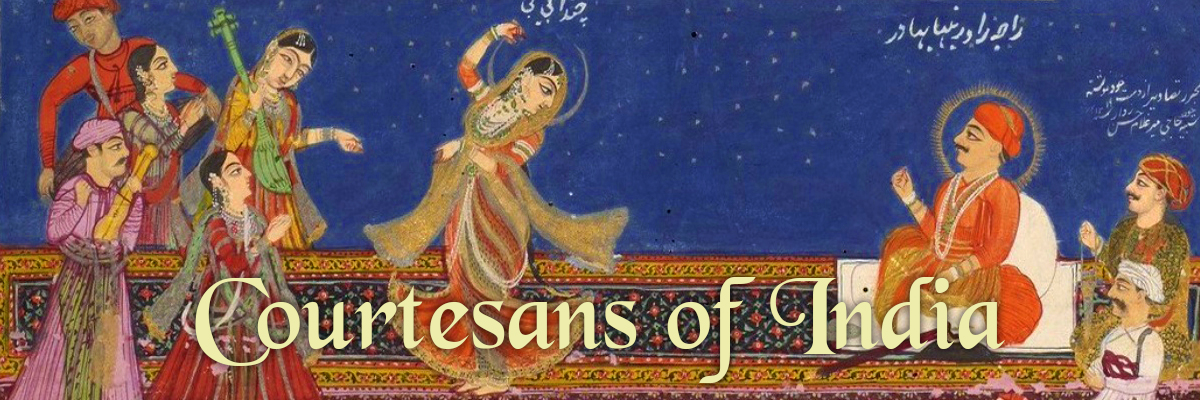“Chapter 2 analyses the effects of militarisation on public spaces by invoking the wife/tawaif duality within the pretext of the Great Indian Revolt of 1857. According to Natarajan, as the Revolt subsumed men into the army, giving them avenues of stable income, it consequentially led to a devaluation of women at home. Contrarily, the courtesan (tawaif), who by and large fled exploitative homes, could be seen as empowered females with steady income from the military. Yet the binary of the purdahnasheen (veiled) wife versus camp courtesan still rendered public spaces unsafe for women, as sexual purity of all women was at risk with men away at war. This, however, led to another division: the elite educated women facing ‘nationalist seclusion’ (p. 48) were shrouded from Western influences and protected from the public, while the lower-class ‘available’ women, with no rights, became exposed to colonial reforms. Thus, although public spaces manifested contrary movements of empowerment for women who occupied it, they were replete with exploitative characters for women through the ‘separate sphere’ ideology of the street (baazari aurat) and home (grihalakshmi), which strongly impresses the notion that public spaces are unsafe for women.”
(Chakraborty, Sanchayita Paul, and Priyanka Chatterjee. “Book Review: The Unsafe Sex: The Female Binary and Public Violence against Women.” Feminist Review, vol. 119, no. 1, July 2018, pp. 165–167)
